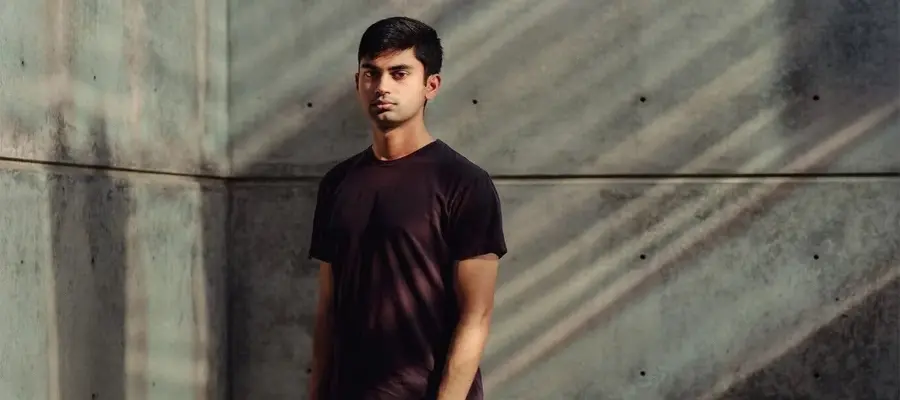Suchir Balaji, an OpenAI whistleblower, has been found dead inside his apartment here, according to multiple reports.
In October, the 26-year-old AI researcher raised serious concerns about Sam Altman-run chatGPT maker OpenAI "breaking copyright law".
According to the San Jose Mercury News, Balaji was found dead inside his Buchanan Street apartment, as confirmed by San Francisco Police and the Office of the Chief Medical Examiner.
The medical examiner's office determined the manner of death to be suicide and police officials this week said there is "currently, no evidence of foul play."
"The Office of the Chief Medical Examiner (OCME) has identified the decedent as Suchir Balaji, 26, of San Francisco. The manner of death has been determined to be suicide," a spokesperson was quoted as saying in reports.
"The OCME has notified the next-of-kin and has no further comment or reports for publication at this time," the spokesperson added.
Balaji worked for nearly four years at OpenAI before quitting the company, after he realised the technology would do more harm than good to society, he told The New York Times.
"We are devastated to learn of this incredibly sad news today and our hearts go out to Suchir’s loved ones during this difficult time,” said an OpenAI spokesperson.
In a post on X in October, Balaji said: "I was at OpenAI for nearly 4 years and worked on ChatGPT for the last 1.5 of them. I initially didn't know much about copyright, fair use, etc. but became curious after seeing all the lawsuits against GenAI companies."
"When I tried to understand the issue better, I eventually came to the conclusion that fair use seems like a pretty implausible defence for a lot of generative AI products, for the basic reason that they can create substitutes that compete with the data they're trained on," he further posted.
Balaji grew up in Cupertino, California before attending the University of California, Berkeley to study computer science.
--IANS
